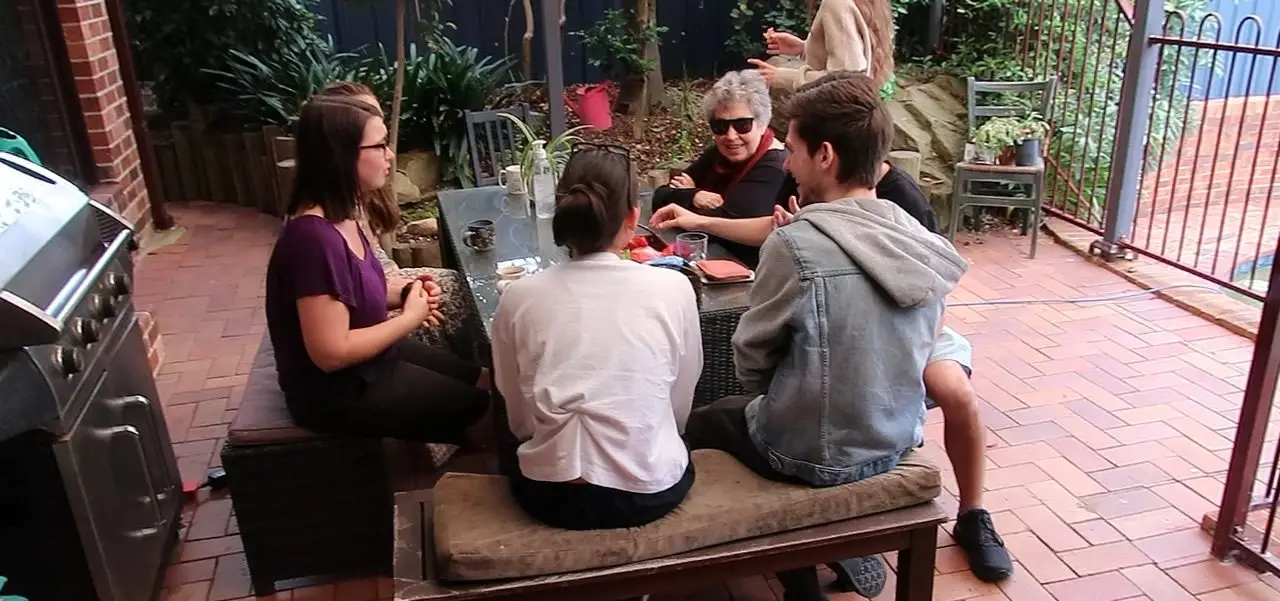Spiritual misfits. They can be found anywhere. You may know one or have met one, perhaps without realising.
Perhaps you could become a spiritual misfit one day! It can happen to anyone who thinks.
So do spiritual misfits belong in church? How can they fit in?
Finding out they don’t fit in
It can start out quite innocently. They’re serious about their faith. They want to know God better and serve him more faithfully.
And then they’re reading the Bible, or they meet someone, or read something, and something doesn’t quite fit in with what they believe.
Maybe a friend comes out as queer and isn’t welcome at church any more.
Maybe they read something in the Bible that doesn’t seem right, like God ordering genocide (Deuteronomy 7:1-3).
Maybe an atheist online mocks what they believe and they don’t really know what to think.
Or their pastor preaches on people being punished in hell forever, and that doesn’t sound like a God of love to them.
Or maybe a church leader makes a suggestive approach and no-one believes the victim.
Are they the only one who feels this way?
Whatever it is, they’re starting to feel like there’s a big doubt at the heart of their faith. Is this what the church is like? Have they been believing wrongly all this time? Is this what God is really like?
They talk to some of their friends, or maybe a church leader, but no-one else seems to feel the same way.
“Don’t question God.” they’re told. Just keep trusting Jesus. Keep praying, keep reading the Word.
But no-one seems to have any answers. Not ones that satisfy, anyway.
Then their Bible study leader asks them to stop asking questions, it’s disturbing other people’s faith.
So will they have to leave?
Leaving their church was unthinkable a few months ago. But now it seems like the only option.
They can’t get any answers to their questions. And if there are no answers, maybe Christianity isn’t true after all?
But they still believe in Jesus, they’re just not sure any more what they believe about him.
They begin to feel uncomfortable in church. They don’t agree with some of the things being said, and they’re just not sure whether they still belong. They’re a misfit there now.
What will happen to them?
Some will give up identifying as a Christian, though they’ll still probably be spiritual in some way. Some will stifle their doubts and keep on at the church, but they’ll be pretending in some ways.
Others will go on a search to find truth, maybe online, maybe at another church, maybe with a few friends.
In the end, some will end up with a stronger faith, just different. But others won’t make it through and will drift away.
Did it have to be this way?
Is there a place for spiritual misfits and dissidents in churches?
If a church, or its senior pastor, thinks everyone needs to think the same, not just on core doctrines, but on less essential teachings and social ethics, then they may feel the church is better off without the dissidents. That seems to be how many react.
But this means thoughtful and innovative Christians are pushed out. (I have seen it happen.) The misfit feels rejected and may wander in a spiritual wilderness for some time. And the church loses someone with special gifts.
Not only that, but others in the church with the same questions never get an answer, but learn not to ask or disagree.
An open-minded and open-hearted acceptance of diversity would open up discussion and allow everyone to grow and deepen in their faith and understanding, just like Paul says in Romans14.
Demonising “deconstruction”
Some people give the label “deconstruction” to this process of review, revising and sometimes rejecting their former faith . And some Christian leaders have condemned “deconstruction” as being disloyal to God and the scriptures. They write books and websites about it, warning us of its dangers.
But deconstruction can have positive or negative conclusions. It may largely depend on how misfits are treated. The Holy Spirit is always refining the church. Doubts and questions can be the gateway to new understandings that come from God. I’m glad to see that more and more evangelical Christians are recognising this.
Whether we see deconstruction as an exciting opportunity or a danger, it will be more likely to have a negative result if churches stand against dissidents rather than walk with them. There are ways to assist younger Christians to ask their questions and together work towards constructive and truthful conclusions.
Support for those who struggle
Nevertheless, there are many misfits out there already. This was predicted by George Barna 18 years ago (for the US at least), so it should be no surprise.
And the movement seems to be growing in the US and in Australia too. It could become a major split in western Christianity.
Many dissidents feel alone, uncertain of where to turn for fellowship and encouragement. But there are a growing number of resources out there to ease the dislocation and support them on their journey. Just search using terms like “deconstruction”, “spiritual misfit” and “progressive Christianity”.
The Spiritual Misfits website, podcast and Facebook page, based in Australia, is a helpful please to start. Doubtless there are other similar resources that may be more local to you.
Main graphic: Мария Кашина and Kris Møklebust.
Read more

Making young disciples in the 2020s
Ideas on passing on faith to the next generation, based on many years of experience.

Young adults who walk away from Jesus
Sadly, many young adults walk away from the faith they committed to as teens. What can we do about this?

Urban tribes and the church
I was walking in an inner suburb of a major Australian city and observing the people who lived there …. and wondering how the church could ever reach out to them.

Leave a Reply